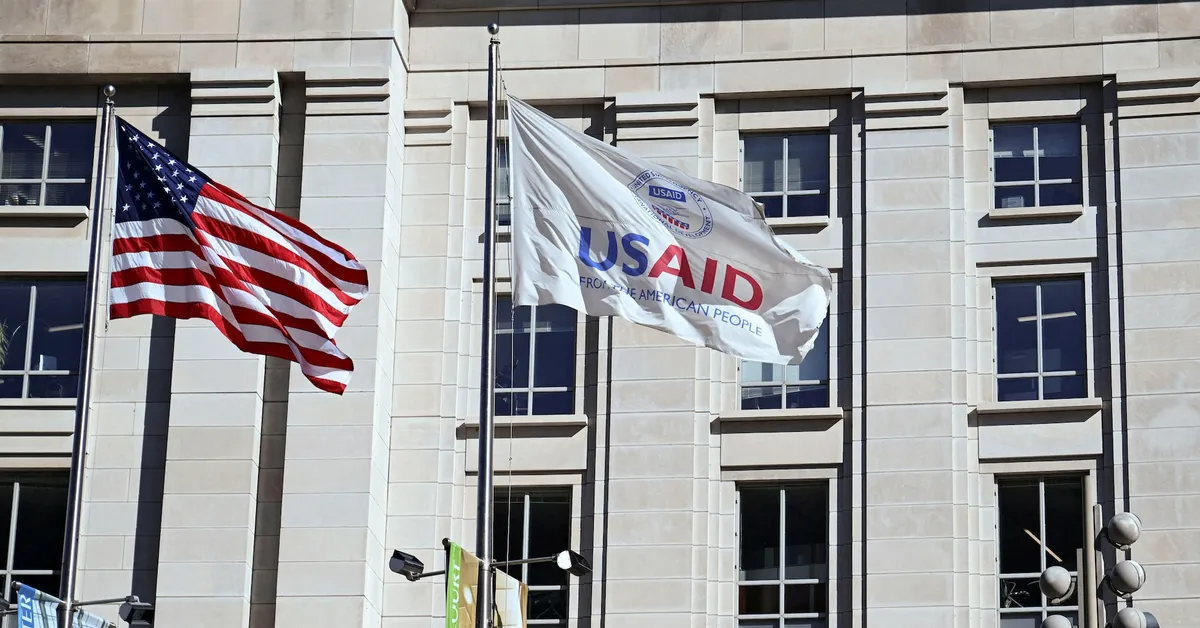
On February 26, a significant legal development unfolded as the administration of President Donald Trump announced its inability to meet a critical court deadline. The administration stated in a court filing late Tuesday night that it could not comply with a federal judge's order to release frozen funds to foreign aid contractors and grant recipients by the 11:59 p.m. Wednesday deadline. This situation potentially sets the stage for the Trump administration to openly disobey a court order.
The order, issued by Judge Ali, was a temporary restraining order responding to lawsuits filed by foreign aid contractors and grant recipients. These plaintiffs have expressed that without the necessary payments, they may be forced to shut down operations within days. Temporary restraining orders are designed to prevent irreparable harm while a judge evaluates the merits of a lawsuit.
Both Judge Ali and a Rhode Island judge, who is overseeing a separate case concerning a broader federal payment freeze, have criticized the Trump administration for not adhering to their orders. Despite this, the administration has insisted that it is making a good faith effort to interpret and comply with the judicial orders. However, this stance may change if Ali's restraining order remains active and the administration fails to process the payments before the midnight deadline.
The delay in releasing the funds is attributed to new processes implemented by the Trump administration. According to Marocco's declaration, these processes are intended to ensure that payments are legitimate and align with the administration's policy objectives. Nonetheless, Judge Ali had previously ruled that these grounds were not valid reasons for delaying payments. The total amount of payments required by Ali's order was reported to be close to $2 billion.
The willingness of the government to potentially flout a court order to halt life-saving humanitarian assistance has been described as staggering by Allison Zieve, a lawyer representing two plaintiffs: the AIDS Vaccine Advocacy Coalition and the Journalism Development Network. Other plaintiffs in the case include international development company DAI Global and refugee assistance organization HIAS.
President Trump, a Republican, initiated a 90-day pause on all foreign aid on his first day in office. This order, along with subsequent stop work orders that halted USAID operations globally, has jeopardized the provision of life-saving food and medical aid, causing chaos in global humanitarian relief efforts. Plaintiffs in the lawsuits argue that Trump has violated federal law and the U.S. Constitution by largely dismantling USAID, an independent agency established by Congress in 1998.
For further inquiries, Brendan Pierson, a reporter on product liability litigation and health care law, can be reached at brendan.pierson@thomsonreuters.com.